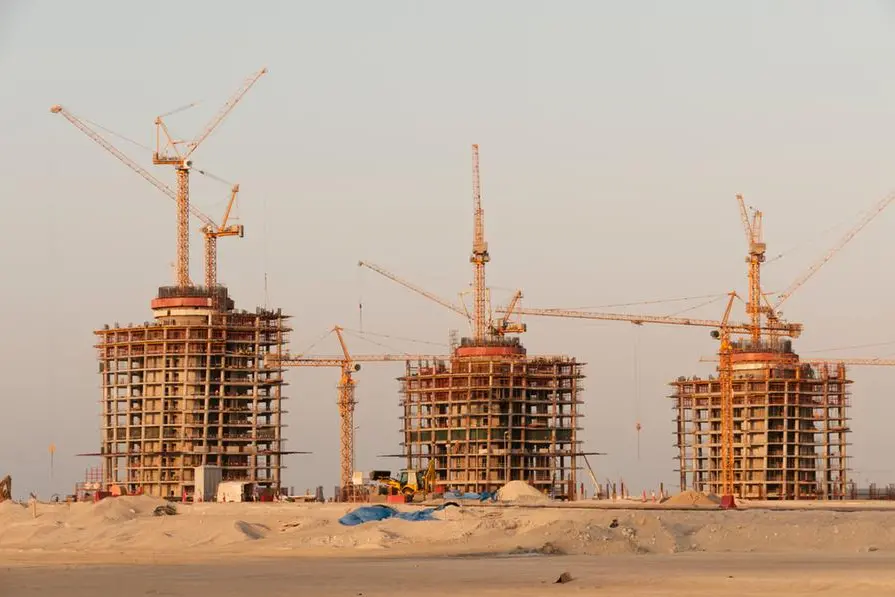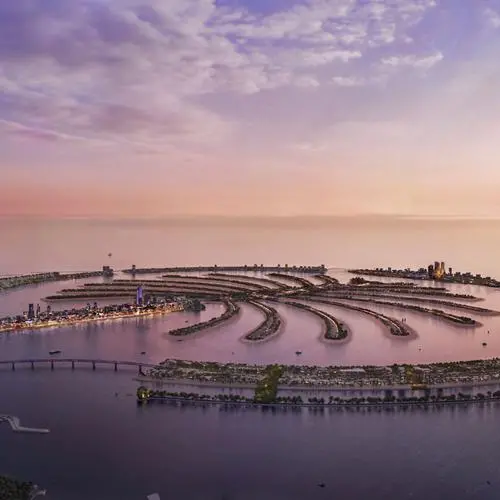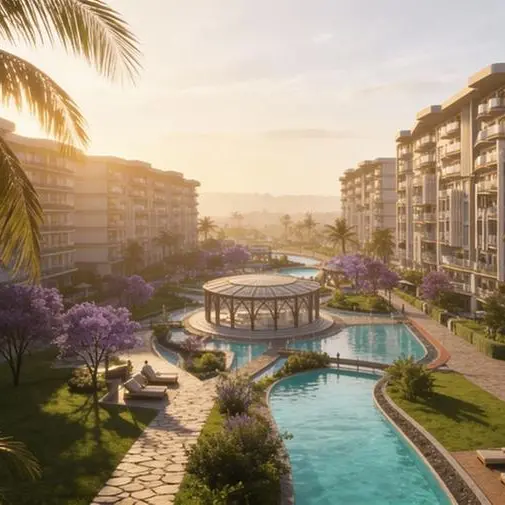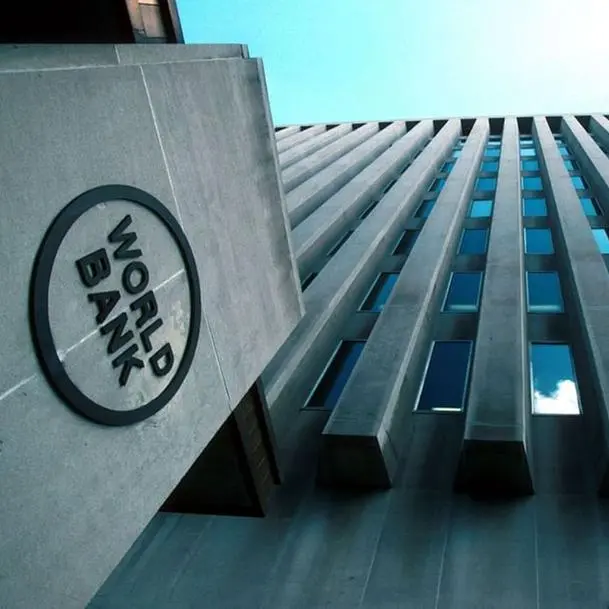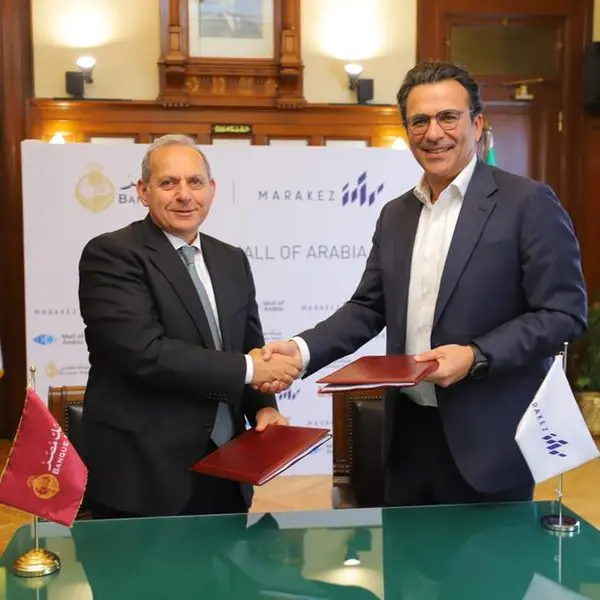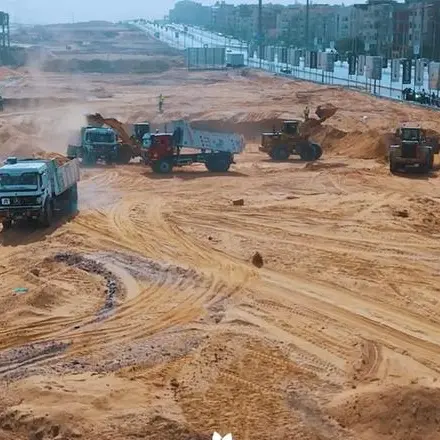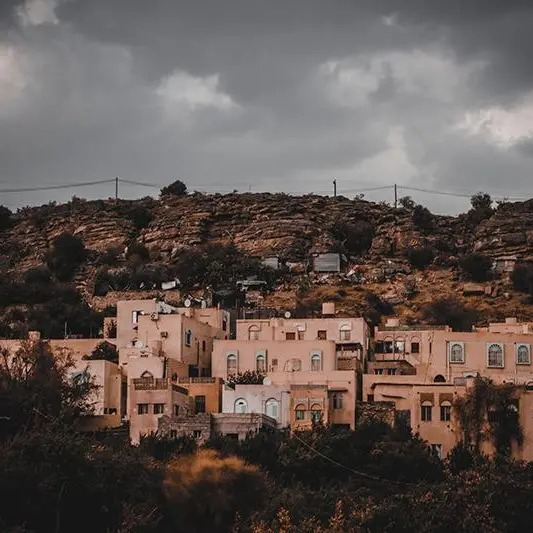PHOTO
Bahrain recorded a surge in building permits in the first quarter of this year with the issuance of 2,637 – the highest number since 2021.
Municipalities Affairs and Agriculture Minister Wael Al Mubarak revealed that urban development and investment sectors were experiencing robust and sustained growth, with building activity reaching new heights in early 2025.
He added that the figures equated to a remarkable 62 per cent increase compared to the same period in 2024.
“This growth is a direct reflection of the comprehensive development programme led by His Majesty King Hamad and closely followed by His Royal Highness Prince Salman bin Hamad Al Khalifa, Crown Prince and Prime Minister,” Mr Al Mubarak stated.
“It underscores the kingdom’s commitment to fostering an enabling environment for economic diversification and sustainable urban expansion.”
He stressed that the number of permits issued represents the highest quarterly figure since 2021, demonstrating strong momentum in the construction and real estate sectors.
“The data reveals encouraging indicators for economic expansion and serves as a catalyst to maintain and enhance performance across government and private sector partnerships,” he said.
“The figures also reflect a significant rise in the scale of projects.
“The total licensed built-up area amounted to approximately 862,000 square metres, a 70pc increase over the first quarter of 2024.
“Such an increase not only signals rising investor confidence, but also the growing appetite for larger, more ambitious development projects – particularly in the residential, commercial and mixed-use sectors.”
Mr Al Mubarak attributed much of the growth to Bahrain’s proactive government policies, streamlined regulatory processes and the introduction of advanced digital solutions.
Chief among these is the Benayat system, an integrated electronic platform for building permit management. “It has transformed the way permits are processed in Bahrain,” Mr Al Mubarak said. “We’re were able to issue 522 permits in record time – within as little as two working days and no more than five days, at most. This efficiency has been crucial in reducing bottlenecks and enabling faster project execution.”
Mr Al Mubarak highlighted that the modernisation of permitting processes is aligned with the goals of Bahrain’s Economic Vision 2030, which aims to strengthen the role of the private sector and create a more competitive investment climate.
“By embracing digital transformation and involving private stakeholders, we are ensuring that Bahrain remains a top destination for real estate development and investment,” he remarked.
In his detailed breakdown, Mr Al Mubarak noted that approximately 19.3pc of the permits issued were categorised as investment-related or of a special nature, while around 80.7pc were designated for residential purposes as of April 20, 2025.
“This composition highlights the dynamism of Bahrain’s real estate sector,” he suggested. “While residential projects continue to dominate, the significant share of investment-oriented permits demonstrates growing interest in commercial ventures, hospitality projects and mixed-use developments – all vital components of a resilient economy.
“Furthermore, new types of permits were introduced through the Benayat system in a bid to further facilitate and stimulate investment activity. These include permits for landfilling, fencing, property merging and splitting, renovations and changes in property usage.
“Expanding the range of services offered through Benayat ensures that investors and developers can complete all necessary procedures seamlessly, thereby enhancing service quality and reducing administrative complexity.”
Mr Al Mubarak reaffirmed the government’s commitment to sustaining this growth trajectory. “Bahrain’s urban and investment landscape is undergoing a remarkable transformation,” he said. “Through strategic reforms, technological innovation and close collaboration with the private sector, we are laying the groundwork for a thriving, diversified economy; one that fulfils the aspirations of our people and aligns with our national vision for the future.”
Copyright 2022 Al Hilal Publishing and Marketing Group Provided by SyndiGate Media Inc. (Syndigate.info).
